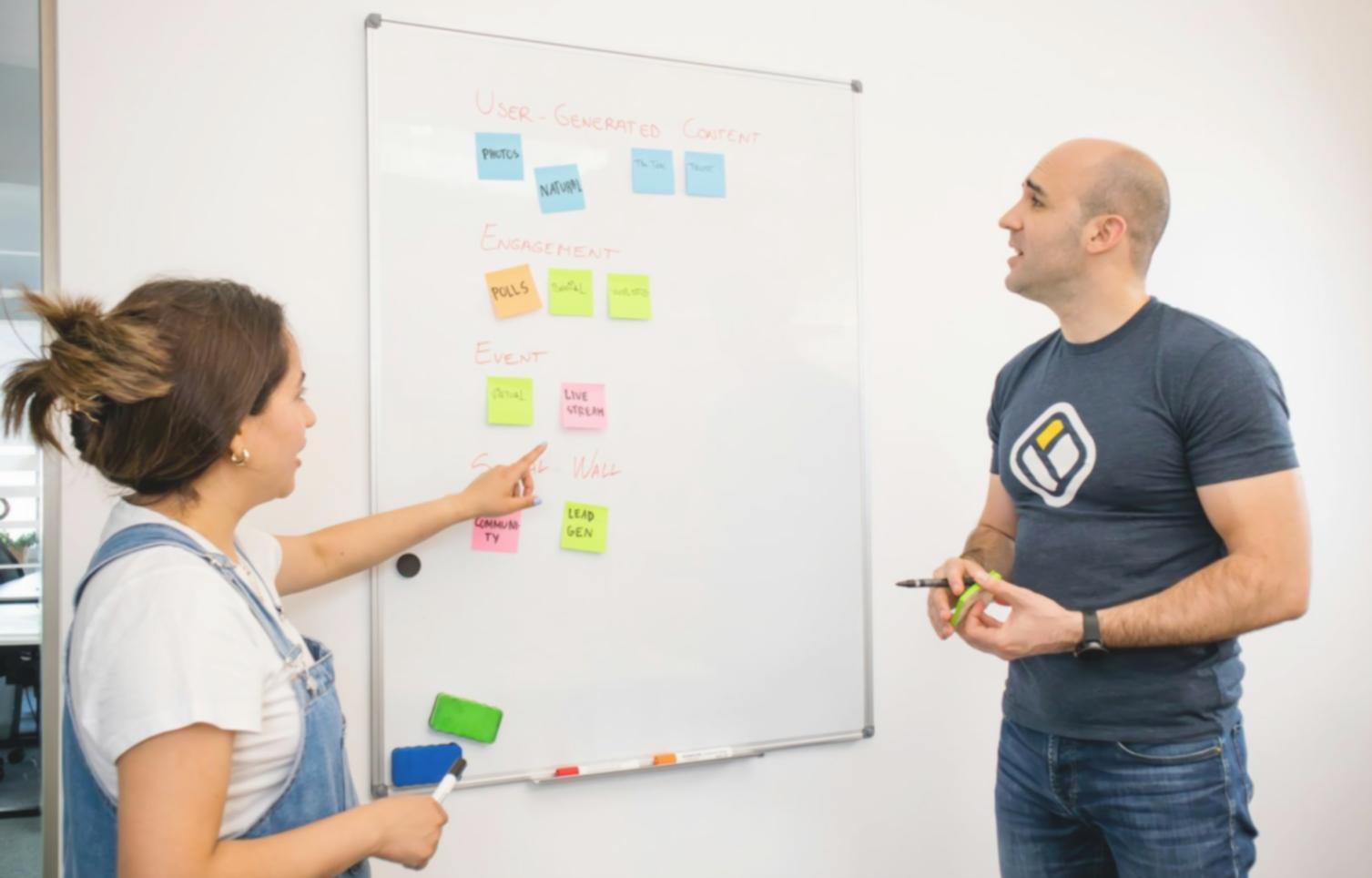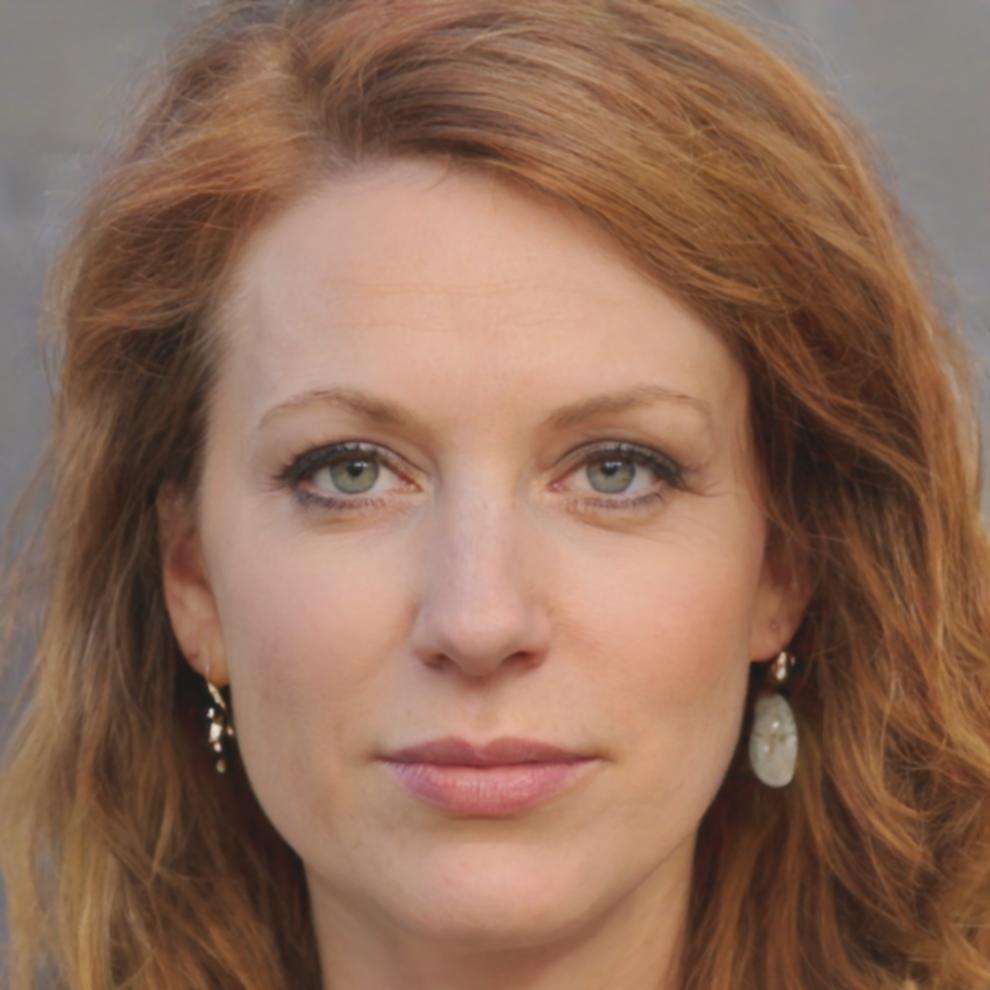Money Doesn't Have to Be Mysterious
Most people avoid budgeting because they think it's complicated. But here's the thing—it's not about fancy spreadsheets or restrictive rules. It's about understanding where your money goes and making choices that actually work for your life.
Explore Our Approach
What Actually Matters in Budgeting
We've worked with hundreds of Australians who thought they were bad with money. Turns out, they just needed a clearer picture of three simple things.
Tracking Without the Guilt
Knowing where money goes isn't about judgment. It's information. That morning coffee? Fine. But if you're spending $180 monthly on subscriptions you forgot about—that's worth noticing.
Building Your Buffer
Emergencies happen. Cars break down. Dentists find cavities. Having even $1,000 set aside changes how you sleep at night. We'll show you how to get there without feeling deprived.
Spending With Purpose
Budgets fail when they're too restrictive. The goal isn't perfection—it's intentionality. Spend on what brings value to your life. Skip what doesn't. That's it.

Why Most Budget Advice Falls Flat
Standard budgeting advice tells you to cut everything fun and live like a hermit. That's why people quit after three weeks. Our programs, starting September 2025, take a different angle.
We focus on the psychology behind spending—why you make the choices you do, what triggers impulse purchases, and how to create systems that don't require superhuman willpower.
- Understand your actual spending patterns without shame
- Identify leaks in your finances you didn't know existed
- Create realistic plans that fit your lifestyle
- Build habits that stick beyond the initial enthusiasm
Financial stress affects everything—relationships, health, career choices. Getting control of your budget isn't about deprivation. It's about freedom to make choices that align with what you actually value.
How We Approach Financial Education
Theory is great. Application is better. Our courses combine practical tools with real scenarios from people who've been exactly where you are now.


Start With What Works
Our October 2025 intake focuses on building sustainable financial habits. You'll work through actual budgeting scenarios, learn to spot common pitfalls, and develop systems tailored to your situation—not some theoretical ideal.
See Our MethodsPractical Skills for Real Life
Look, personal finance isn't rocket science. But it does require unlearning some unhelpful habits and replacing them with better ones. That takes time and practice.
Our programs run for six months because real change doesn't happen overnight. You'll learn budgeting fundamentals, yes—but more importantly, you'll understand why you make the financial decisions you do, and how to make better ones.
What You'll Actually Learn
- How to track spending without turning it into a second job
- Setting up emergency funds that grow automatically
- Distinguishing wants from needs without feeling deprived
- Managing irregular income and variable expenses
- Planning for larger purchases without derailing your budget
